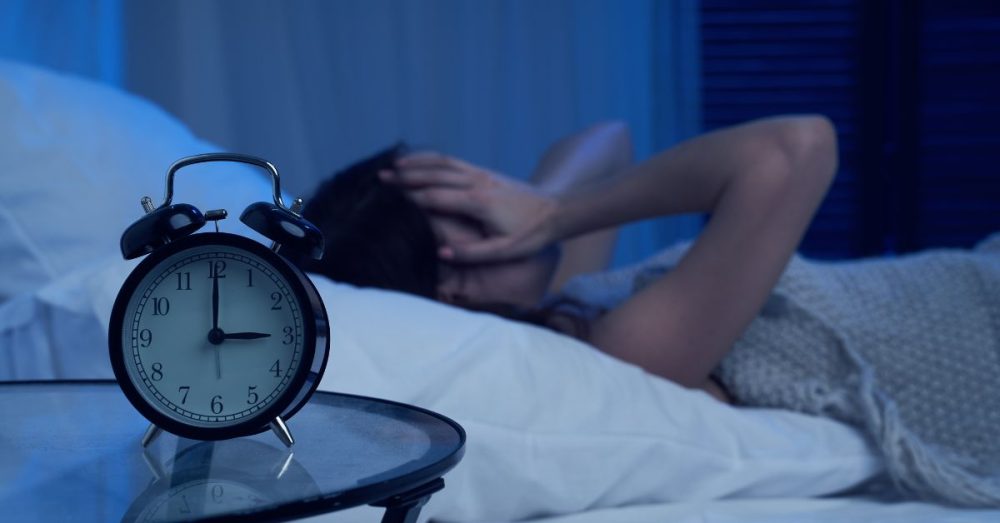Scientists have been making breakthroughs in terms of differentiating the various types of insomnia, which should bode well for developing specific treatments.
Living with insomnia can be both dangerous and frustrating, affecting every aspect of one’s life. The sleepless nights lead to groggy, unfocused days, where simple tasks become overwhelming challenges. Insomnia is more than just a nuisance; it’s a serious condition that can impair judgment, increase the risk of accidents, and exacerbate mental health issues such as anxiety and depression.
The constant battle to fall asleep, stay asleep, or achieve restful sleep can lead to a cycle of stress and exhaustion. For those who suffer from insomnia, finding effective solutions is essential to reclaiming their well-being and quality of life.
Here’s some of what The Guardian reported on the recent discovery:
Researchers at the Netherlands Institute for Neuroscience in Amsterdam analysed MRI scans from more than 200 insomniacs and dozens of sound sleepers and spotted structural changes that distinguished sleepers from the sleepless and five separate forms of insomnia.
“If these subtypes differ in their biological mechanism, then patients in each subtype might benefit from different focused treatments,” said Tom Bresser, a neuroscientist and first author on the study.
Insomnia is broadly defined as poor sleep, generally due to difficulties falling or staying asleep, which negatively affects daytime functioning. About a third of adults in western countries have sleep problems at least once a week, with up to 10% qualifying for a formal insomnia diagnosis.
Chronic insomnia is diagnosed if someone suffers sleep problems on at least three nights a week for three months or more. The condition is nearly twice as common in women than men.
Doctors recommend going to bed and waking at the same time each day, exercising daily, relaxing for at least an hour before bed, and making sure the bedroom is dark and quiet. Avoiding big meals late at night and not smoking or drinking alcohol or caffeine at least six hours before bedtime also helps.
In the latest work, published in Biological Psychiatry and led by Prof Eus van Someren, the team looked at MRI brain scans from 204 people with insomnia who had been grouped according to the subtypes. The scans revealed brain structure differences between the subtypes, providing further evidence that they are rooted in biology.


